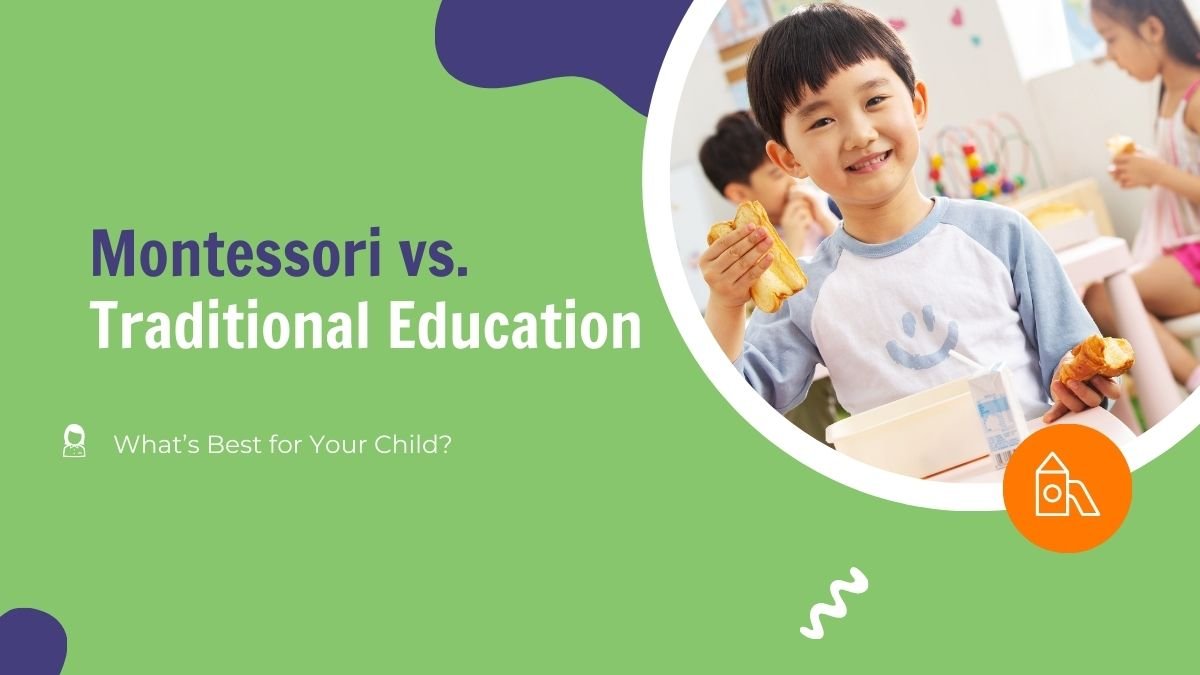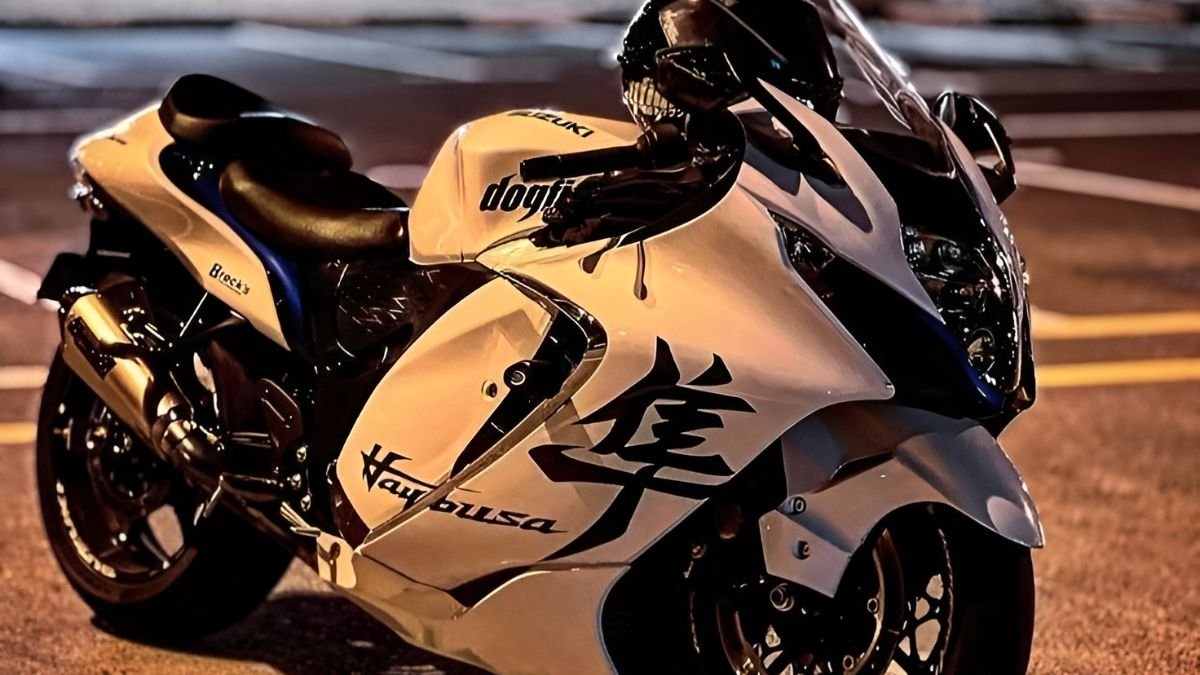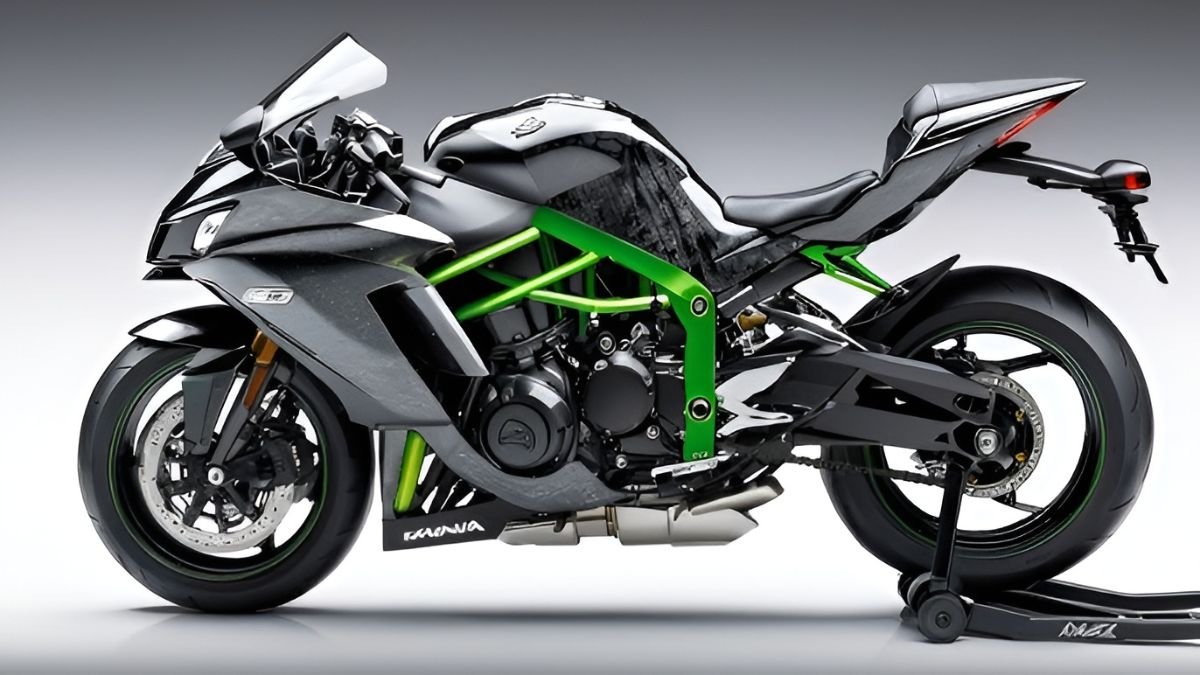Montessori Vs Traditional Education: Which is Truly Best for Your Child?
Such conversations are triggered by whether parents are asking about a Montessori or a Traditional school for their child. This is not easy to decide because both types of education have pros and cons.
Nobody claims that Montessori education is guaranteed to work for every child, or that in every respect, traditional education will meet all needs. It all depends on the kind of child you have, how his or her learning style develops, and if family priorities are aligned with it.
Let’s dive more into the two different systems and see for whom probably each may be the best.
What is Montessori education?
The Montessori system was founded by Dr. Maria Montessori of Italy. She believed that children learn most from their own experience and discovery.
A Montessori school provides a child-centered environment by which it leads to the learning of a child at their own pace, chooses activities according to their own interests, and makes efforts on them for long period times.
Traits that characterize Montessori
- Child-centered education — every child’s interests and paces are treated.
- Hands-on learning — the children use toys, objects, and real life activities to learn.
- Flexible environment — there is no rigid timetable here. Children can be left to concentrate on a task for long periods of time.
- Multi-age classroom — these classes consist of children in different age groups so that the younger ones learn from the older children while the older ones educate the younger ones.
- Independence and self-discipline — each child learns to make choices, discover through trial and error, and gradually develop problem-solving skills.
What is traditional education?
Traditional education includes those methods that are popularly known. In this, the teacher directs the class instruction, while the child learns through listening, reading, and writing.
The whole mechanism of learning was regulated by an established curriculum and a fixed timetable, where children learn at an equal pace with minimal variation and undergo the same prescribed tests with the same grades.
Some Characteristics of Traditional Education
- Teacher-directed — The teacher teaches and students listen and obey.
- Structured curriculum — Fixed goals and textbooks for each grade and subject are followed.
- Fixed schedule — Each subject is allotted its share of hours; e.g. 40 minutes for Math and 40 minutes for Hindi.
- Same-age grouping — students are all grouped according to their age.
- Marks examination centered — The marks, results, and grades are all focused on tests.
Montessori vs. Traditional Education
| Features | Montessori education | Traditional education |
|---|---|---|
| Focus | Learning interest of child | Teacher and curriculum |
| Method of learning | Discovery, experimentation, and hands-on learning | Listening, writing, and rote learning |
| Pace | The child learns at his own pace | All children have to learn at the same pace |
| Classroom environment | Flexible, calm, and supportive | Structured and disciplined |
| Class group | Mixed age (multi-age) | Same age |
| Evaluation | The child’s progress is judged through activities | Evaluation through tests and grades |
| Independence, self-discipline, and creativity | Highly encouraged | More focus on performance and competition |
Which Education Is Right for Which Child?
Every child is different. Some are calm and curious, searching for exploration and experimentation while others may thrive best under specific rules and structure.
Montessori is ideal if:
- Your child loves independence and doing things by himself.
- He wants to experiment and explore.
- He prefers deep learning, going slow.
- You want him to be self-disciplined, responsible, and creative.
Traditional is for:
- He seeks clear directions and guidance.
- He thrives on competitions and tests.
- You expect the child to finish the prescribed syllabus in due time.
- The family places a higher premium on grades and academic results.
How to Guide Yourself as Parents in The Matter of Choice?
- Look into your child’s personality — If your child constantly wants to know about or does things independently, Montessori may serve him or her well. If he or she would rather listen to instructions, a traditional way of learning would suit him or her better.
- Think about long-term expectations — If you want a child who can think for him or herself, solve problems, and learn throughout life, Montessori might be the answer. If, however, you want a child who learns quickly and passes all competitive exams with flying colors, then traditional is the way to go.
- Look into family values — Some families value independence and creativity more, while some families prioritize discipline and academic performance. You may want to take stock of what your family priorities are.
- Check the school environment — Montessori and traditional schools operate on contrasting mechanisms. Visiting both and observing classrooms in action can help you make an informed choice.
Final Thought
Both systems — Montessori and traditional — give children their chances to learn as well as to grow. The difference is that Montessori builds itself around freedom and exploration, while traditional leans towards structure and discipline.
This means that talking about which one is better never can be decided in absolute terms. The right choice is the one that fits your child’s needs, personality, and your family’s objectives.








